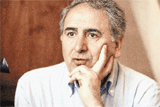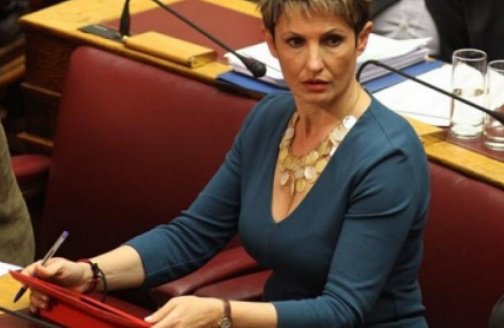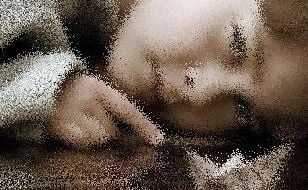“In the history of the Republic of Turkey, Kurds have never been recognized as Kurds with their cultural identities. They were always officially Turks, but still always a feeling dominated that ‘they are Kurds, they cannot be trusted.’”
Prof. Dr. Martin van Bruinessen of Utrecht University in the Netherlands and of Yogyakarta University in Indonesia, ın an interview he gave to bianet, discusses possible solutions to the Kurdish issue and evaluates the approach of the ruling Justice and Development Party (AKP).
Turkey still belongs to the Turks
“In the sixties there was a modern Kurdish movement which distinguished two different issues: on the one hand, economic inequality and imperialism, and on the other hand the denial of Kurdish cultural rights. You know the natiolist catchword, ‘Turkey belongs to the Turks,’ and this still remains the same.”
“The problem contnues on the same track since the sixties. Kurds cannot live their own identities. Even an assimilated Kurd, who is officially a Turk, is still ‘really’ a Kurd and is not trusted.”
“There have been Kurds who were very loyal to the state, but Kurds generally were not trusted. They did not receive the same opportunities. Kurds want economic equality and want to live their identities. There are very few Kurds who have achieved this equality.”
Pessimism among young Kurds
“Even Kurds who do not have sympathy for the PKK are pessimistic about living with Turks because they doubt they will ever be equal. Now young Kurds believe that they may achieve equality in an autonomous Kurdistan. But of course even if there were an independent Kurdistan, Kurds living in Istanbul would not settle there. They would continue their lives in the city where they have made their lives.”
"Since EU membership is less certain again, Kurds have given up hope for cultural and human rights. The mistrust between ethnic groups has increased. Kurds had hopes for cultural rights with EU membership. They thought that […] there would be no torture and developments in human rights.”
PKK needs to be taken seriously, DTP needs room to maneuver
The Kurds have got elected representatives, mayors, MPs for the Democratic Society Party (DTP), they are marginalized. Even though the PKK is a small organisation and does not represent all Kurds, they still have big influence on the Kurds. The Kurdish issue cannot be solved without negotiating with them. It is also important to pull DTP onto Turkey’s side and to take the party seriously. They represent the feelings of a section of society. If the Turks are really serious about a dialogue, they need to negotiate with the PKK and must not constrain the DTP so much. Even if the DTP does not approve of everything the PKK does, they may not be able to say so openly. If the aim is to solve the problem, the party needs to be given some room for maneuver.”
Religious brotherhood but no autonomy under AKP
Middle class Kurds are happy about the AKP’s investment initiatives in the Southeast. The AKP takes this middle class into consideration, but the poor Kurdish class still remains poor. On the other hand, the AKP is inclined to recognise Kurdish cultural rights, it approaches the issue from a perspective of ‘Muslim brotherhood.’ However, there is also pressure from the public. If they were a Kemalist party, it would be different, but the AKP accepts the Kurds because they are Sunni Muslims. There could for instance easily be Kurdish religious broadcasts on television. However, autonomy is difficult, as the AKP does not look on such a project favourably. (NZ/AG)
Martin van Bruinessen
Born in the Netherlands in 1946, he studied physics, mathematics, anthropology and sociology at Utrecht University. Between 1974 and 1976, he carried out fieldwork in the Kurdish-populated regions of Turkey, Iran and Iraq. In 1978 he published his PhD, “Agha, Shaik and State: The Social and Political Structures of Kurdistan”, still a seminal work in Kurdology. He has worked on Ottoman, Turkish and Kurdish history. Since 1982 he has also studied Indonesian society and he lived in Indonesia for six years. He still teaches sociology at the university in Yogyakarta and continues to publish on political aspects of Islam.








